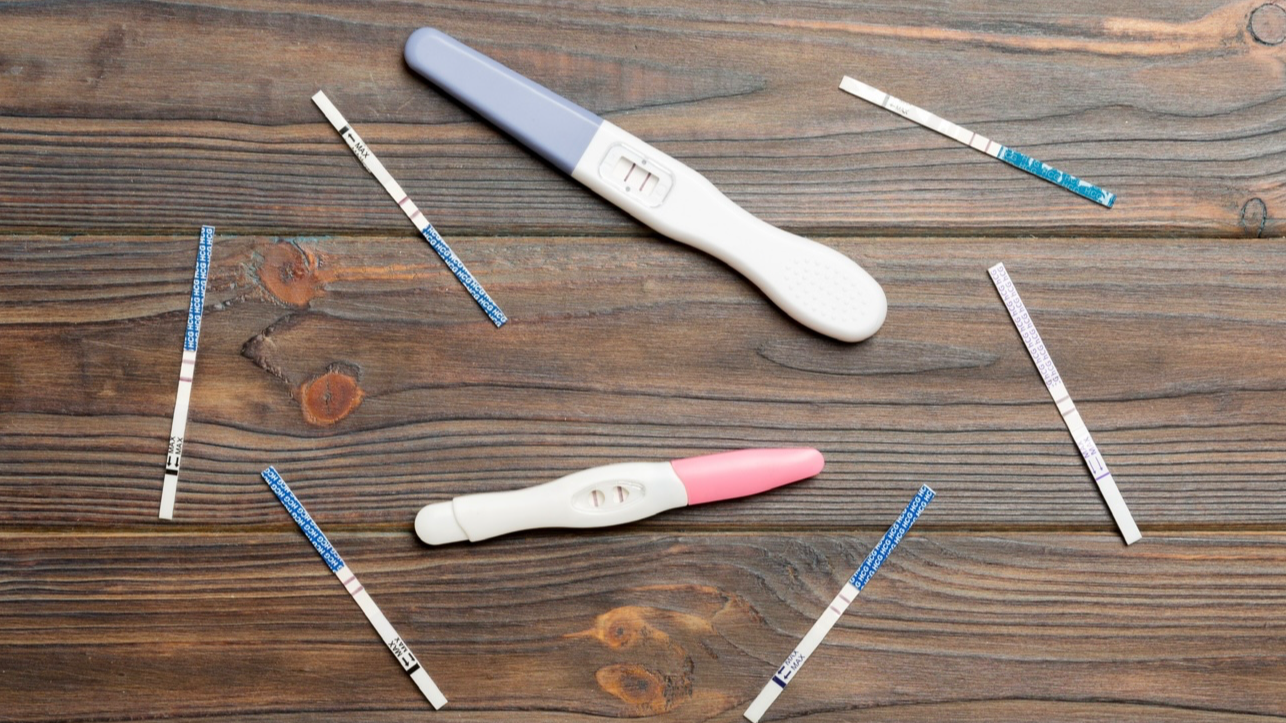Can Alcohol Affect a Pregnancy Test? Unveiling the Truth Behind Alcohol Consumption and Pregnancy Test Results
Pregnancy tests are essential tools that help individuals determine whether they are pregnant or not. They work by detecting the presence of a hormone called human chorionic gonadotropin (hCG) in the urine or blood. However, there are various factors that can potentially affect the accuracy of a pregnancy test. One such factor that often raises questions is the consumption of alcohol. In this article, we will explore the relationship between alcohol and pregnancy tests, shedding light on whether alcohol can impact the results. So, let’s dive in and uncover the truth.
Understanding Pregnancy Tests
Before delving into the potential effects of alcohol on pregnancy tests, it’s crucial to understand how these tests work. Pregnancy tests detect the presence of hCG, a hormone produced by the placenta shortly after implantation occurs. When a woman becomes pregnant, hCG levels start to rise, making it detectable in urine or blood.
Most pregnancy tests available on the market are highly sensitive and can detect even low levels of hCG. They typically involve either urine-based tests, where the test strip is soaked in urine, or blood tests conducted by healthcare professionals. These tests provide accurate results, but it’s important to follow the instructions carefully and wait for the appropriate time to take the test for optimal accuracy.
Can Alcohol Affect Pregnancy Test Results?
Now, let’s address the burning question: can alcohol consumption affect the results of a pregnancy test? The short answer is no. Alcohol does not interfere with the accuracy of pregnancy test results. The hCG hormone, which pregnancy tests detect, is not affected by alcohol consumption.
Alcohol is metabolized by the liver and does not have any direct impact on hCG levels or the functioning of pregnancy tests. Therefore, even if you consume alcohol before taking a pregnancy test, it will not alter the test results.
Factors Affecting Pregnancy Test Accuracy
While alcohol consumption does not impact the accuracy of pregnancy test results, it’s essential to be aware of other factors that can affect the reliability of the test. Here are a few factors to consider:
1. Timing: The accuracy of a pregnancy test depends on the timing of the test. Taking the test too early, before the hCG hormone has had a chance to build up in the body, can result in a false negative. It is recommended to wait until a missed period or at least one week after a missed period for more accurate results.
2. Test sensitivity: Different pregnancy tests have varying levels of sensitivity to hCG. Some tests can detect lower levels of hCG earlier in the pregnancy, while others may require higher hCG levels to produce a positive result. Using a highly sensitive test can increase the chances of detecting pregnancy at an early stage.
3. Incorrect usage: Following the instructions provided with the pregnancy test is crucial for accurate results. Using the test incorrectly, such as not using enough urine or misinterpreting the results, can lead to inaccurate readings.
4. Medications and medical conditions: Certain medications, such as those containing hCG, and certain medical conditions, such as ovarian cysts or certain types of cancer, can affect hCG levels and potentially impact pregnancy test results. If you have concerns about the accuracy of your test, it is advisable to consult with a healthcare professional.
In summary, alcohol consumption does not affect the accuracy of pregnancy test results. Pregnancy tests work by detecting the presence of the hCG hormone, which is not influenced by alcohol. Therefore, individuals can trust the results of their pregnancy test, regardless of whether they have consumed alcohol or not.
However, it is important to remember that the accuracy of a pregnancy test can be influenced by other factors, such as timing, test sensitivity, and correct usage. If you have concerns about your test results or if you suspect you may be pregnant, it is always best to consult with a healthcare professional for further guidance and confirmation.
Remember, accurate and reliable pregnancy tests, coupled with appropriate medical advice, are essential for individuals who are trying to conceive or are concerned about their pregnancy status.









